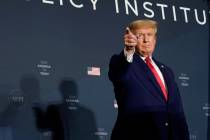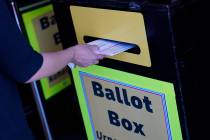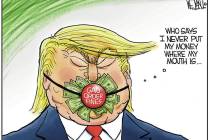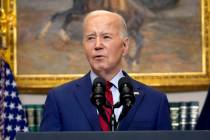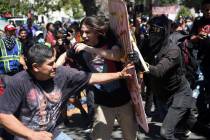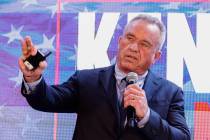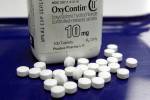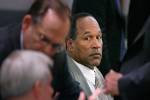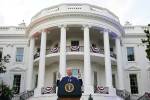Slush fund
Economic recovery? Only 19 percent of American CEOs expect to increase their work forces in the next six months, while 31 percent are planning to downsize, according to a Business Roundtable survey of executives released Tuesday.
But like an idiot insisting he can still put out the fire if only he's allowed to splash it with more gasoline, President Obama last week promised to "create more jobs" through another round of tax-and-borrow "stimulus" funding -- with at least part of the funds coming from leftover Wall Street bailout money.
The Troubled Asset Relief Program -- the $700 billion operation signed into law by President George W. Bush and then used by Treasury Secretary Henry Paulson to "incentivize" many financial firms to take taxpayer money whether they wanted it or not -- will end up costing $200 billion less than planned, Mr. Obama explained, allowing him to divert some of the money to small-business relief.
"This time, the president hopes to do for small businesses what Fannie Mae and Freddie Mac did for home mortgages," comments professor and blogger Don Morris, at docstalk.blogspot.com. "Specifically, he wants to create a new $30 billion 'Small Business Lending Fund' which will loan money to banks with assets under $10 billion at favorable new rates, as long as they comply with a slew of new regulations designed to incentivize them to loan that money to small businesses," Mr. Morris explains. "Never mind that a recent poll of small business owners by the National Federation of Independent Businesses ranked 'finance and interest rates' as the second to last most important problem facing their business."
The president's proposed new "Crisis Tax" on big banks "has nothing to do with recovering unpaid taxpayer TARP money and everything to do with finding a new source of revenue to help cover up the Obama administration's massive new spending increases," Mr. Morris explains. "But more debt and more regulation will not create new jobs."
A new Gallup poll reports 57 percent of Americans are worried there will be too much government regulation of business; only 24 percent say the government should become more involved in regulating and controlling business. But that's exactly what the President's new "Small Business Lending Fund" does.
The same NFIB poll that showed borrowing costs as the second-least important problem small businesses face also identified taxes as their second-biggest problem and government regulation and red tape as their third-biggest beef. (Top of the list? Customers just not buying enough.)
Republicans quite properly pounced on Mr. Obama's comments, arguing that using "surplus" bailout funds for anything other than paying down the debt would be illegal, given the way TARP was written.
"The president ... refused to put a price tag on these new 'stimulus' initiatives, instead proposing to turn TARP into a slush fund for politicians and continue Washington Democrats' unprecedented deficit-spending binge," House Minority Leader John A. Boehner told The Washington Times.
Sen. John McCain, R-Ariz., pointed out the TARP money is a Treasury line of credit. Because it's not traditional government spending, it can't just be diverted.
Indeed. How about slashing both taxes and government programs, using both TARP repayments and the leftover "stimulus" funds to pay down the debt, and instead letting investors in the free market decide where jobs should be created, and by whom?








